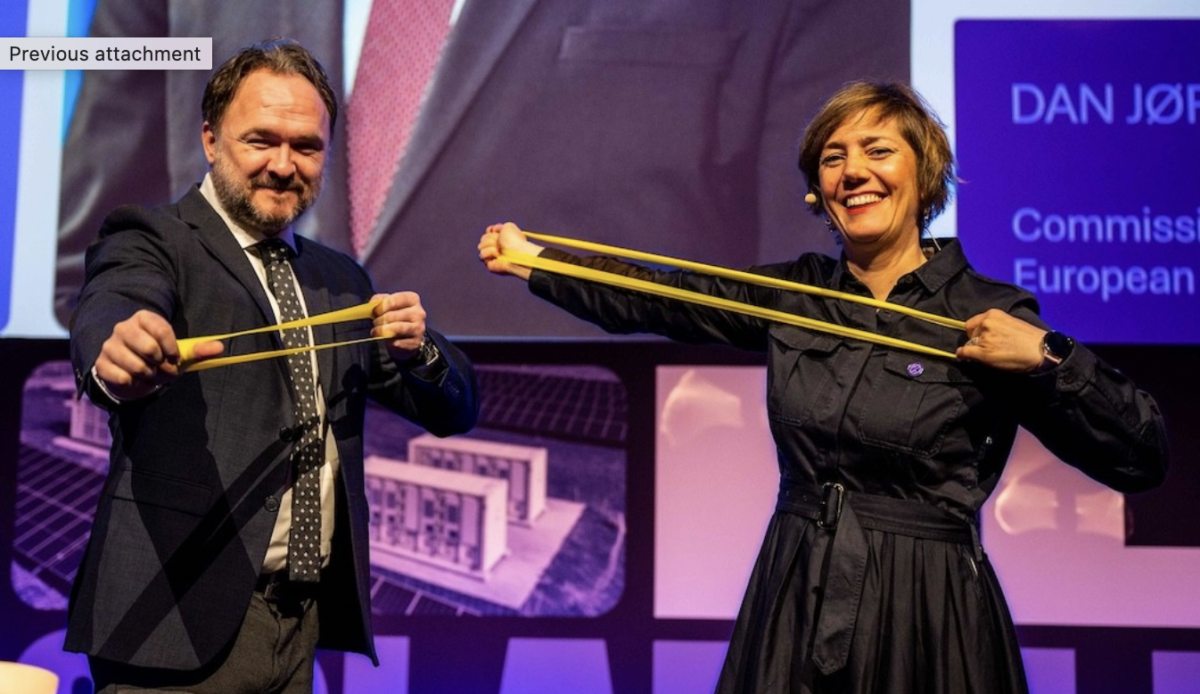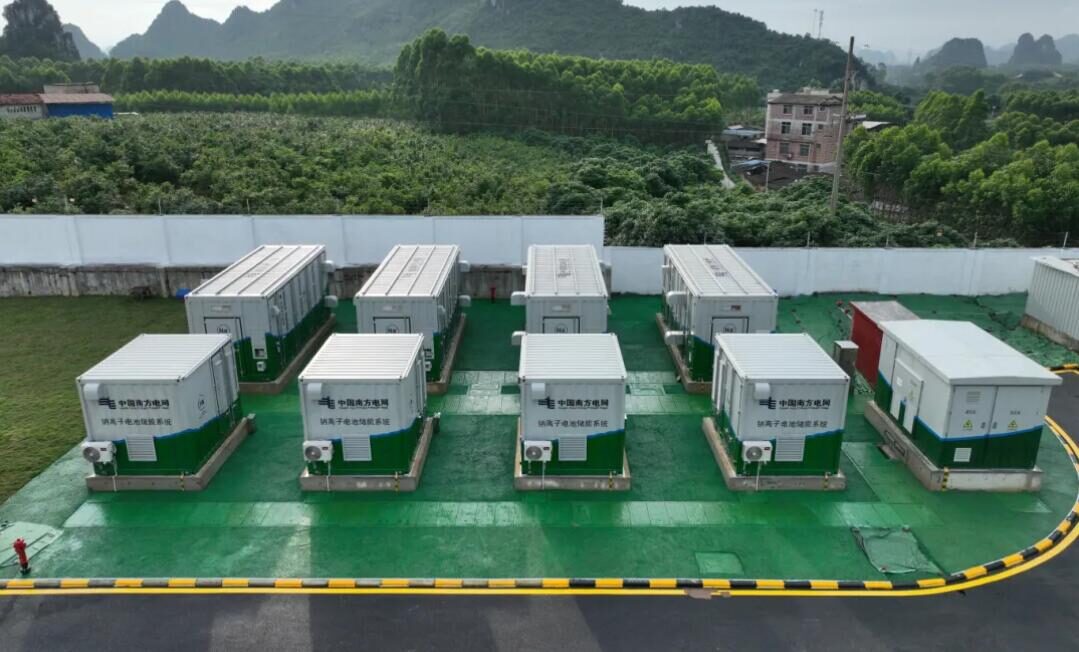More than 500 experts from the PV industry gathered for the annual SolarPower Europe Summit this week in Brussels. The event was hosted by SolarPower Europe, which marked its 40th anniversary.
The summit focused on flexibility, a key component of the EU Affordable Energy Action Plan, which according to Dan Jørgensen, the EU Commissioner for Affordable Housing and Energy, could save €2.5 trillion by 2040, along with other initiatives currently under discussion.
The European PV industry, along with supportive EU officials and members of parliament, met in Brussels for the summit. Over the course of two days, the discussions focused on how expanding PV energy could make Europe more energy-independent, secure, and affordable.
These goals align with the Clean Industrial Deal, which is set to replace the EU Green Deal under the new EU Commission that was formed in fall 2024. Numerous plans are now being developed.
Dan Jørgensen, the EU commissioner for affordable housing and energy, illustrated the potential of rapid PV expansion with three key figures. He claimed that €2.5 trillion in savings could result from the Affordable Energy Action Plan announced in February 2025, but noted that 47 million Europeans are unable to afford heating. He also said that 1 million people could work in the installation sector by 2027.
The Affordable Energy Action Plan, building on last year’s REPowerEU Plan, includes recommendations for programs and legal changes, such as accelerating approval processes to six months for less complex projects and two years for more complicated ones. The plan also aims to increase flexibility in the power grid, which would lower energy prices. This is a key demand from SolarPower Europe, which set a “Let’s Flex” theme for the event and released a study on leveraging flexibility in buildings.
The summit also celebrated both the new commission’s support for the industry and the solar association’s 40th anniversary. Older members may recall the association’s previous, more technical name: the European Photovoltaic Industry Association (EPIA).
The association is no longer seen as a rigid organization, with its agile team and record-breaking attendance of more than 500 participants. The Startup Award saw confetti fly, with the prize going to Heliup, a company that aims to produce flexible solar modules.
Solar installations reached 65.5 GW in the European Union in 2024, marking just 4% growth year on year, according to SolarPower Europe. The decline coincided with the first drop in solar investment this decade, prompting warnings that sluggish growth could hinder Europe’s energy security and climate goals.
This content is protected by copyright and may not be reused. If you want to cooperate with us and would like to reuse some of our content, please contact: editors@pv-magazine.com.



By submitting this form you agree to pv magazine using your data for the purposes of publishing your comment.
Your personal data will only be disclosed or otherwise transmitted to third parties for the purposes of spam filtering or if this is necessary for technical maintenance of the website. Any other transfer to third parties will not take place unless this is justified on the basis of applicable data protection regulations or if pv magazine is legally obliged to do so.
You may revoke this consent at any time with effect for the future, in which case your personal data will be deleted immediately. Otherwise, your data will be deleted if pv magazine has processed your request or the purpose of data storage is fulfilled.
Further information on data privacy can be found in our Data Protection Policy.